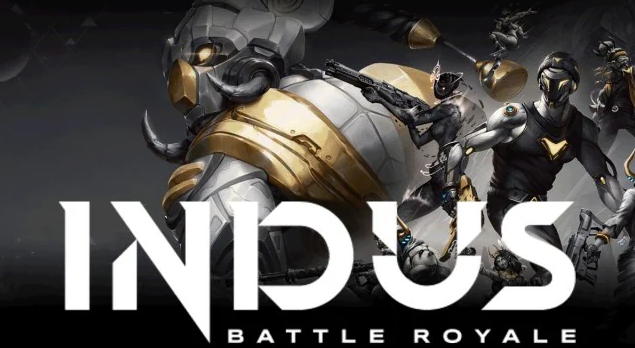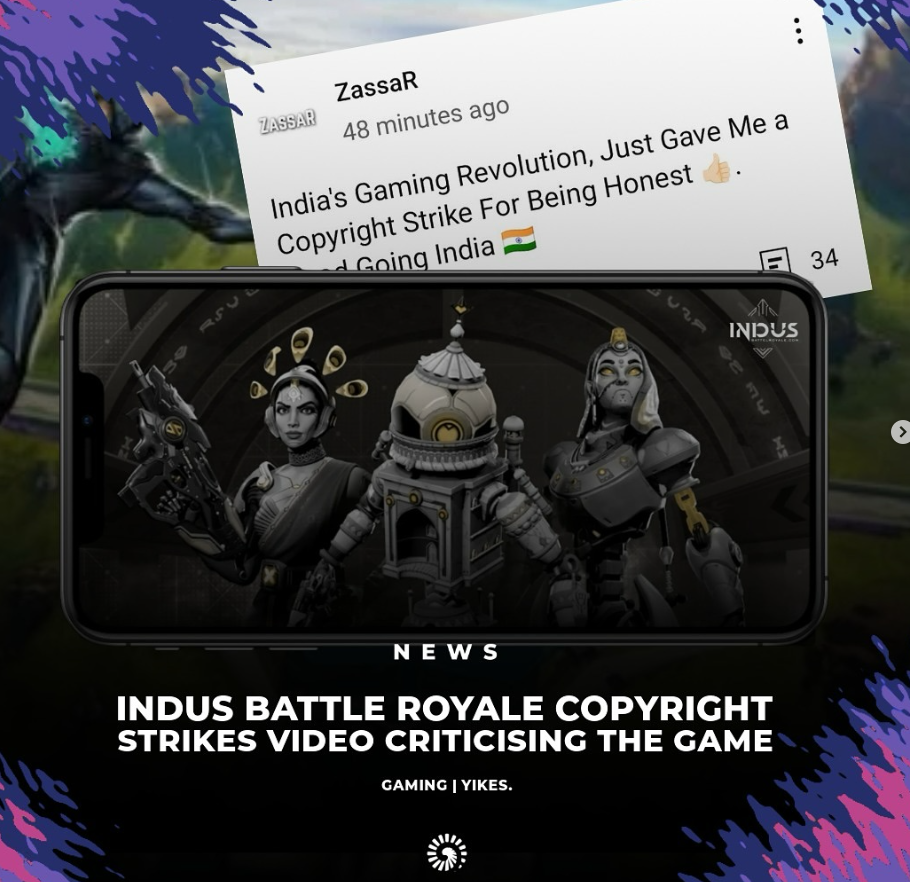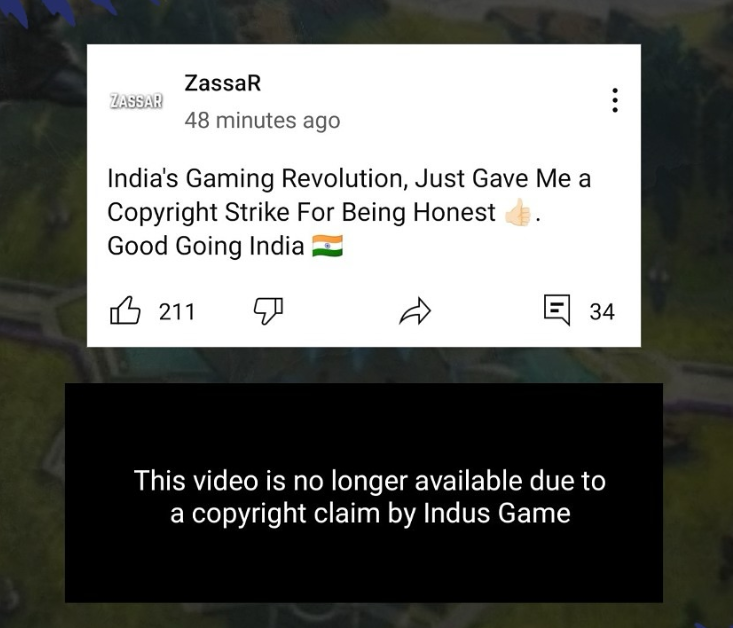Indus Battle Royale Esports Ambitions at Risk Due to Criticism Crackdown

The new mobile game Indus, developed by Indian studio SuperGaming, had a strong launch, reaching over 1 million downloads just days after its release on October 16th. It quickly topped the free-to-play charts on both iOS and Android. However, despite this initial success, concerns are growing over how the developers are handling feedback.
Esports Roadmap: Clutch India Movement
SuperGaming has revealed a year-long esports plan called the Clutch India Movement, aimed at growing a competitive gaming scene around Indus. This includes a mix of official and third-party tournaments. The first major event, the Indus International Tournament, is set to kick off in November, with a prize pool of INR 2.5 crores (~£228,000). Another big event, Indus International Mahasangram, is scheduled for October 2025.
While these initiatives are ambitious, the success of Indus in esports will depend on more than just prize money and tournaments. The competitive gaming world is already packed with successful titles, and Indus has a tough fight ahead.
Ignoring Criticism: A Dangerous Move?


A troubling issue emerged recently when SuperGaming issued a copyright strike against a YouTuber who criticized Indus in a video. The video was removed, which has raised concerns about how the developers are handling negative feedback. For a game that has just launched, shutting down criticism so aggressively is a red flag.
In esports, community feedback is crucial. Games like, CODM, Free Fire, PUBG Mobile(BGMI in India), and Mobile Legends: Bang Bang (MLBB) have thrived by constantly improving based on player input, whether the feedback is good or bad. By silencing critics, Indus risks losing the trust of its community and influencers, who could otherwise help the game grow.
Is Indus Ready for the Esports Big League?
While Indus has a unique 'Grudge system' that allows players to declare rivalries, the game still faces huge competition in the mobile esports space. Heavyweights like PUBG Mobile and MLBB already dominate the Asian esports scene with massive player bases and established tournament structures. To truly compete, Indus will need to do more than just offer an India-focused ecosystem.
The game's focus on India is both an advantage and a limitation. Building a strong player base in India is a solid foundation, but to succeed in esports, Indus will need to think globally. Restricting its appeal to just one country could prevent it from gaining traction internationally, which is crucial for long-term success in esports.
Final Thoughts: A Promising Start, but Challenges Ahead
Despite a promising start, Indus faces several challenges. The game has potential, and SuperGaming has done a good job in some areas, but there are clear gaps in its esports readiness. More concerning, though, is how the developers are dealing with criticism. In an industry where constant improvement is key, pushing back against negative feedback could be a major misstep.
If Indus wants to succeed in the long term, it needs to embrace feedback, both good and bad, and ensure it evolves alongside player expectations. Otherwise, it may find itself overshadowed by more established games that have already built strong, thriving esports ecosystems.
Follow @Professor Nobody
#ProOfEsports2023
For Core eSports & Gaming related info.
Please sign in
Login and share

























